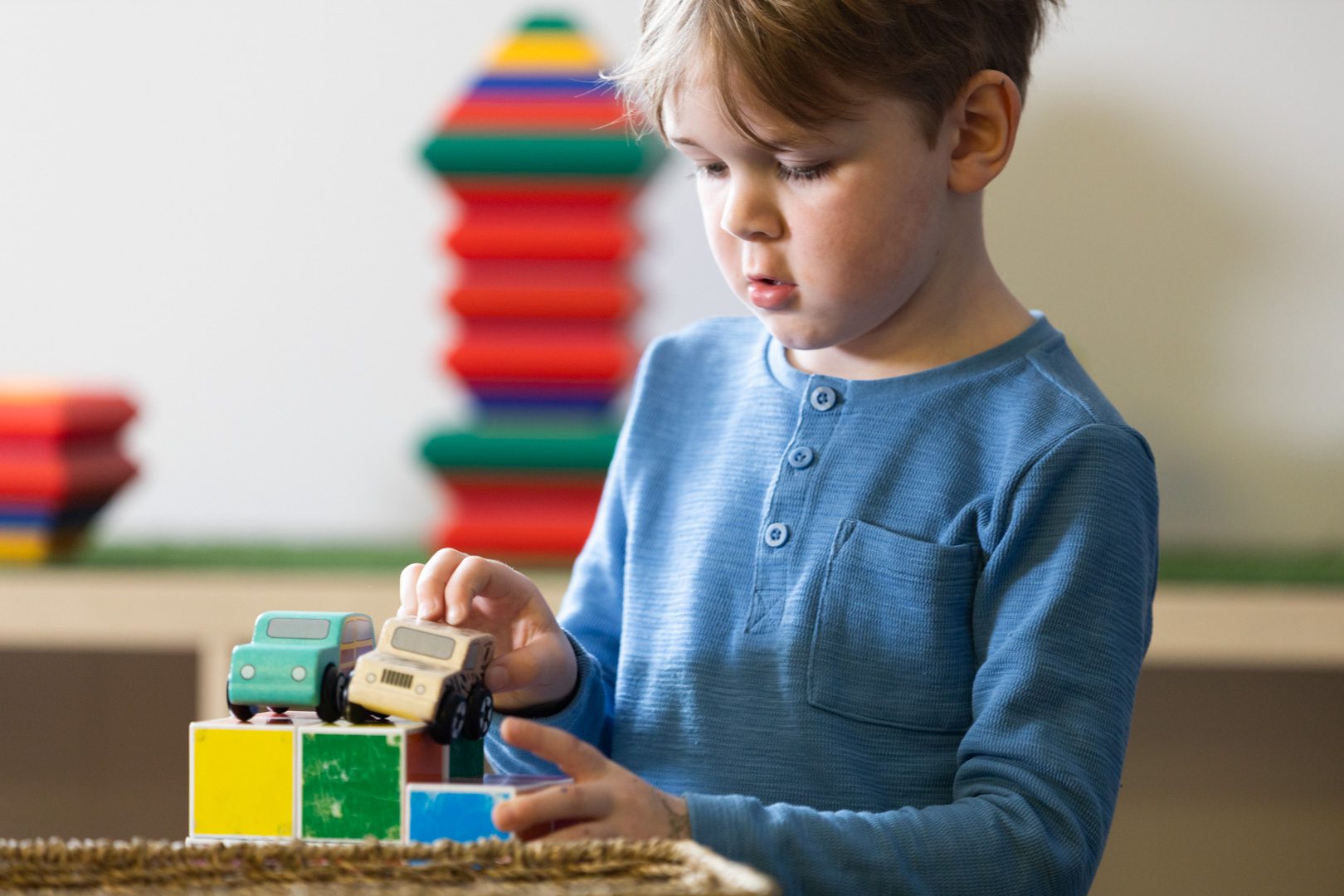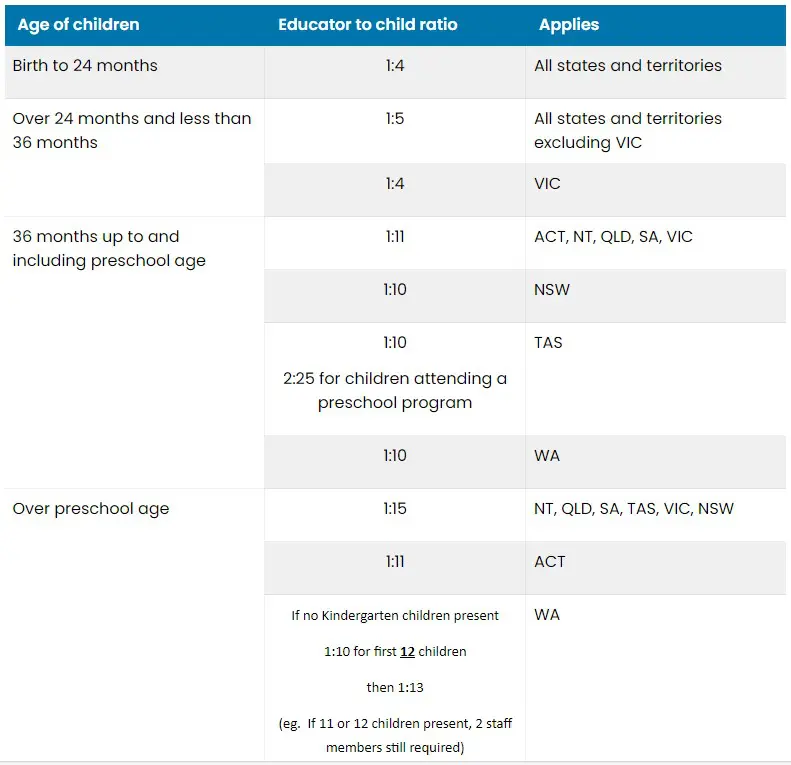
Choosing the right early learning service for your child is a big decision. As a parent, you want to be sure that your child is receiving the best possible care and education in a safe and nurturing environment. In Australia, the National Quality Framework (NQF) sets the benchmark for early childhood education and care, helping to ensure that services meet consistent, high standards across the country.
But what exactly is the NQF, and how does it elevate early learning standards? In this post, we’ll take a detailed look at how the NQF ensures quality in areas like educator qualifications, safety, and curriculum, giving parents confidence in their child’s early education.
What Is the National Quality Framework (NQF)?
The National Quality Framework (NQF) was introduced in 2012 to raise the standards of early childhood education and care across Australia. The goal is simple: to give every child access to high-quality care and education, no matter where they live or which service they attend.
The NQF applies to a range of services, including long day care, family day care, preschools, and outside school hours care. By creating a national standard, the NQF helps ensure that early learning services are continuously improving and providing the best possible outcomes for children.
How Does the NQF Set the Standard for Early Learning?
The NQF is built around several key areas that are crucial to your child’s development and well-being. These areas are covered by the National Quality Standard (NQS), which outlines the minimum standards that every early learning service must meet. Let’s explore how the NQF helps set the bar for quality early childhood education in Australia.
1. Educator-to-Child Ratios: Ensuring Personalised Attention
One of the key components of the NQF is the educator-to-child ratio, which ensures that your child receives the individual attention they need to thrive. The NQF sets specific ratios based on the age of the children. These rations differ slightly per state:

Smaller group sizes mean that educators can give more personalised attention to each child, helping them grow emotionally, socially, and academically. This level of support is essential for fostering your child’s development during the critical early years.
2. Safety Standards: Creating a Safe and Secure Environment
Safety is always a top priority for parents, and the NQF ensures that early learning centres follow strict safety guidelines. The Education and Care Services National Law and Regulations provide clear rules for ensuring the safety and well-being of children.
Here are some of the key safety measures covered under the NQF:
- Supervision: Educators must actively supervise children at all times, both indoors and outdoors, to ensure their safety.
- Health and hygiene: Centres are required to follow strict hygiene protocols to prevent the spread of illness, such as regular handwashing, toy cleaning, and safe food handling practices.
- Emergency procedures: Centres must have clear emergency plans in place, and staff regularly practice evacuation drills to ensure they’re prepared for any situation.
At Kids Academy, we take safety seriously. Our centres meet and often exceed the NQF safety standards, so you can feel confident that your child is learning in a safe and secure environment.
Child Safety First: How Our Centres Ensure a Safe and Secure Learning Environment
3. Educator Qualifications: High Standards for Learning and Care
The quality of educators has a significant impact on your child’s learning experience. The NQF ensures that all educators meet specific qualification standards, meaning that your child is in the care of professionals who are skilled and knowledgeable in early childhood education.
Under the NQF:
- Educators must hold a minimum of a Certificate III in Early Childhood Education and Care.
- Room leaders or senior educators should have a Diploma of Early Childhood Education and Care.
- Centre directors/managers or educational leaders should hold a Bachelor’s degree in Early Childhood Education or equivalent.
Additionally, educators are encouraged to undertake further studies to improve their qualifications, and engage in ongoing professional development to keep their skills up to date with the latest educational practices and child development research. This ensures that children receive the best care and learning experiences possible.
Did you know that staff employed at Affinity Education, including those at Kids Academy, have access to the award-winning Affinity Learning Academy? This innovative program provides tailored professional development, empowering educators to continuously enhance their skills and deliver exceptional early learning experiences.
4. Curriculum Quality: Learning Through Play
At Kids Academy, we follow the Lifelong Learning Curriculum, which aligns with the principles of Belonging, Being, and Becoming - Australia’s Early Years Learning Framework (EYLF). The Lifelong Learning Curriculum is designed to meet the unique needs of babies, toddlers, and children aged 3-5 years, setting them up for a lifelong love of learning.
The EYLF is based on five key outcomes that focus on a child’s identity, wellbeing, and capacity to learn. Our Lifelong Learning Curriculum takes these outcomes and contextualises them to create age-appropriate learning experiences for children at each stage of development:
- Outcome 1: Children have a strong sense of identity.
- Outcome 2: Children are connected with and contribute to their world.
- Outcome 3: Children have a strong sense of well-being.
- Outcome 4: Children are confident and involved learners.
- Outcome 5: Children are effective communicators.
Through play-based learning, our educators foster children’s natural curiosity, problem-solving skills, and creativity. Whether it’s supporting a baby’s early developmental milestones or preparing a preschooler for the transition to school, our curriculum adapts to ensure that every child is encouraged to thrive.
Learn more about our approach to early childhood education here.
5. Assessment and Ratings: Understanding Service Quality
The NQF includes an assessment and rating system to provide parents with transparency about the quality of care at different services. Every early learning service in Australia is assessed against the National Quality Standard (NQS) and receives a rating based on how well they meet the seven quality areas.
The possible ratings are:
- Exceeding NQS
- Meeting NQS
- Working Towards NQS
- Significant Improvement Required
This rating system allows parents to compare services and make informed decisions about where to enrol their child. At Kids Academy, we are proud of our high ratings and our commitment to maintaining excellence in all areas of early childhood education.
FAQs: What Parents Need to Know About the NQF
How the NQF Benefits Your Child
The National Quality Framework (NQF) is more than just a set of rules - it’s a system that ensures your child is receiving the best possible care and education. From maintaining the right educator-to-child ratios to following a play-based curriculum, the NQF helps create learning environments that promote your child’s development and well-being.
By choosing a centre that adheres to the NQF, you’re giving your child access to high-quality education that supports their growth during the most important years of their life.
Elevating Early Learning with the National Quality Framework
The National Quality Framework (NQF) plays a vital role in setting the standard for early learning in Australia. With its focus on educator qualifications, safety, and curriculum quality, the NQF ensures that every child has access to the best care and education possible. At Kids Academy, we are committed to exceeding these standards and providing an environment where your child can thrive.
Looking for a high-quality early learning centre for your child? Find your nearest Kids Academy and book a tour today and discover how we align with the National Quality Framework to offer the very best in early childhood education.